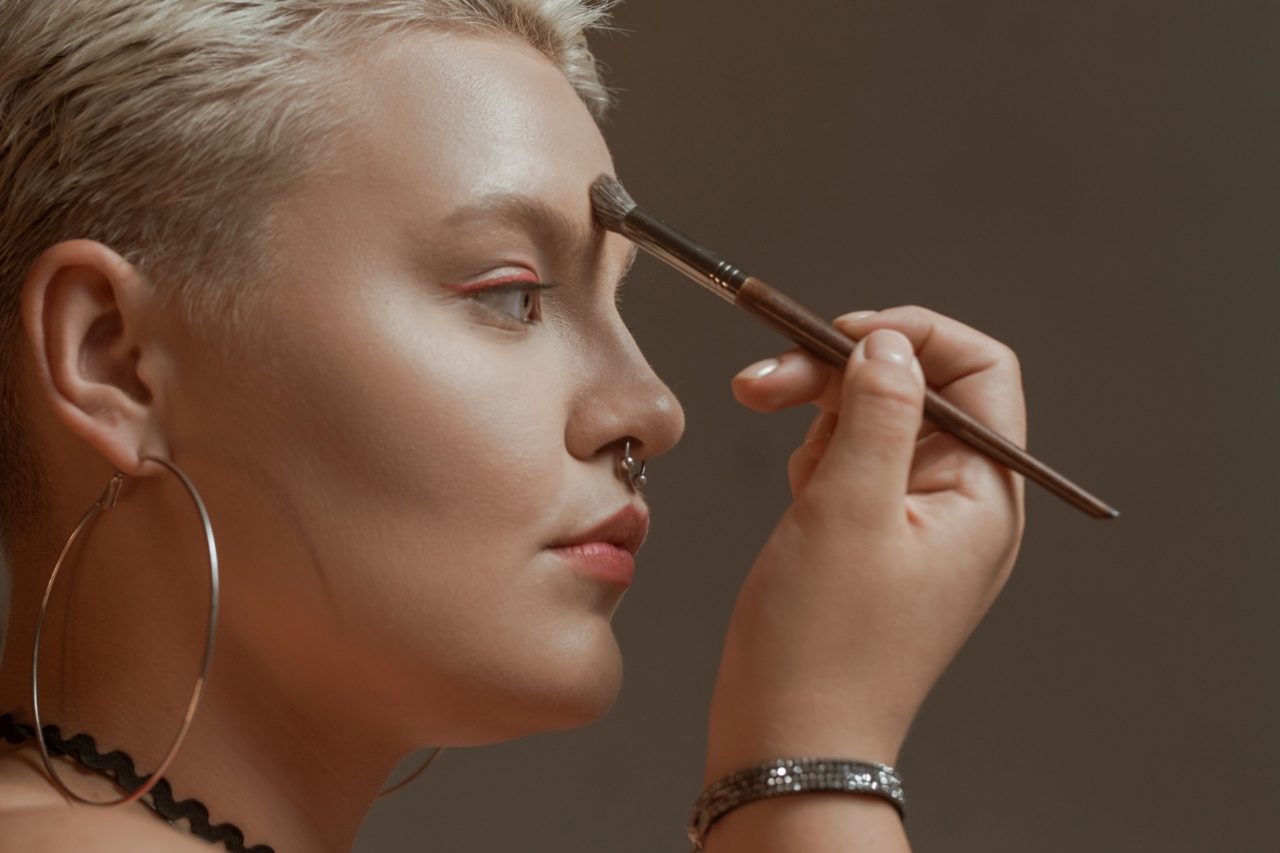Eye blush, also known as eyelid blush, is a condition where the skin on the eyelids suddenly becomes red, inflamed, and itchy. It can cause a lot of discomfort and self-consciousness, and it affects people of all ages and skin types.
In this article, we will explain what eye blush is, what causes it, and how to avoid it.
What is Eye Blush?
Eye blush is a medical condition that causes redness, puffiness, and itching around the eyelids. It is also known as eyelid dermatitis or periocular dermatitis.
The skin around the eyes is very delicate and sensitive, and it can easily react to irritants and allergens, causing an inflammatory reaction.
Eye blush can occur on one or both eyelids, and it can be acute or chronic. Acute eye blush is a sudden onset of symptoms that usually lasts for a few days or weeks.
Chronic eye blush is a long-lasting condition that can last for months or even years with periods of remission.
What Causes Eye Blush?
There are several factors that can cause eye blush:.
Allergies
Allergies are one of the most common causes of eye blush. They can be caused by a wide range of allergens, including pollen, dust, pet dander, mold, and certain foods.
When the allergen comes in contact with the skin around the eyes, it can cause an allergic reaction, leading to eye blush.
Irritants
Irritants such as soaps, cosmetics, and detergents can also cause eye blush. These substances can irritate the skin around the eyes, leading to inflammation and redness.
Medical Conditions
Eye blush can also be a symptom of an underlying medical condition such as eczema, psoriasis, or rosacea. These conditions can cause inflammation and itching of the skin, which can lead to eye blush.
Eye Rubbing
Constant rubbing of the eyes can also cause eye blush. It can cause irritation and inflammation, leading to redness and itching of the eyelids.
How to Avoid Eye Blush?
There are several ways to avoid eye blush:.
Avoid Allergens and Irritants
Avoiding allergens and irritants that can cause eye blush is the best way to prevent it. This includes avoiding exposure to pollen, dust, pet dander, and certain cosmetics and detergents that can irritate the skin around the eyes.
Use Hypoallergenic Products
Using hypoallergenic products that are gentle on the skin can also help prevent eye blush. These products are specially formulated to minimize the risk of allergic reactions and can be found in most drugstores and online retailers.
Moisturize the Eyelids
Moisturizing the skin around the eyes can also help prevent eye blush. Using a gentle moisturizer can help soothe the skin and prevent dryness and itching.
Avoid Rubbing the Eyes
Avoiding rubbing your eyes can also help prevent eye blush. If you have an eyelash or a foreign object in your eye, try to rinse it out with clean water instead of rubbing your eyes.
When to Seek Medical Attention?
If the eye blush persists for more than a couple of weeks, it is important to consult with a dermatologist or an ophthalmologist. They can help determine the underlying cause of the eye blush and recommend appropriate treatment.
Some of the signs that may indicate a more serious condition include:.
- Severe itching or burning
- Blisters or oozing
- Vision changes
- Pain or discomfort
- Fever or other systemic symptoms
If you experience any of these symptoms, seek medical attention immediately.
Conclusion
Eye blush is a common condition that can cause a lot of discomfort and self-consciousness. It can be caused by a wide range of factors, including allergies, irritants, and medical conditions.
To avoid eye blush, it is important to avoid exposure to allergens and irritants, use hypoallergenic products, moisturize the skin around the eyes, and avoid rubbing your eyes. If the eye blush persists or is accompanied by severe symptoms, seek medical attention immediately.































